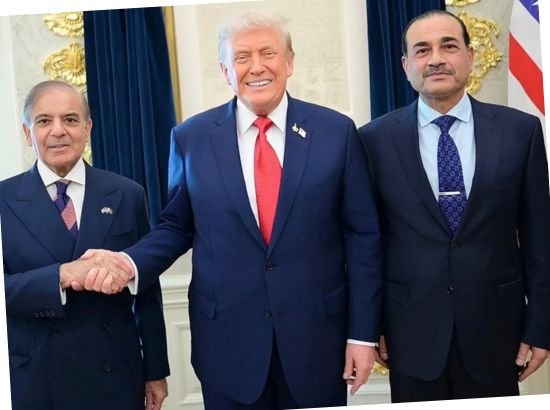
Islamabad, October 7, 2025 – Cash-strapped Pakistan, which has increasingly resorted to selling land and assets to raise money, has now exported its first batch of rare minerals to the United States. The $500 million deal, hailed as “historic” by officials, has triggered major political controversy at home, with the opposition branding it a “secret sell-out.”
Pakistan has long been known for its vast mineral reserves, estimated to be worth nearly $6 trillion. These reserves, concentrated in Balochistan and Khyber Pakhtunkhwa, include critical elements such as neodymium, praseodymium, antimony, tungsten, copper concentrates, and gold. These minerals form the backbone of modern technologies—from EV batteries and smartphones to defense equipment and semiconductors.
At present, China controls more than 80% of the global rare-earth supply chain, forcing the U.S. and other powers to seek alternative sources. For Washington, Pakistan’s untapped reserves represent both an economic opportunity and a geopolitical asset.
Last month, Pakistan’s Frontier Works Organization (FWO)—the engineering wing of the Pakistani military—signed an MoU with U.S. Strategic Metals (USSM), a Missouri-based company specializing in mining and recycling rare minerals. Under the agreement, USSM will invest $500 million in mineral processing and development facilities in Pakistan.
On October 2, Islamabad dispatched the first sample shipment to the U.S. The consignment reportedly included antimony, copper concentrates, and rare earths like neodymium and praseodymium. USSM CEO Stacey W. Huest called it “a milestone in the Pakistan-U.S. strategic partnership.”
Pakistani Prime Minister Shehbaz Sharif described the deal as a “significant step toward building a secure and diversified supply chain.” Meanwhile, U.S. Chargé d’Affaires Natalie Baker called it a “symbol of strengthening bilateral ties.” A White House-released photo even showed President Donald Trump examining mineral samples alongside Sharif and Pakistan’s Army Chief, Field Marshal Asim Munir.
The move, however, has sparked uproar within Pakistan. The opposition Pakistan Tehreek-e-Insaf (PTI) party accused the government of striking a “secretive and lopsided” deal. PTI spokesperson Sheikh Waqas Akram demanded full disclosure of terms in Parliament, warning that such agreements “compromise national sovereignty.”
Citing a Financial Times report, PTI also alleged that the government offered the Pasni port near Gwadar to U.S. investors for a proposed $1.2 billion terminal to facilitate mineral exports. Baloch nationalist groups, too, condemned the deal, arguing that it would lead to foreign exploitation of local resources without benefiting residents.
The deal is seen as part of Washington’s broader “Unleashing American Energy” initiative, under which the U.S. Department of Energy has earmarked $1 billion for critical mineral projects to reduce dependence on China. With its strategic location between Afghanistan and Iran, Pakistan is being courted as a potential alternative partner.
But this raises a crucial question: Can Pakistan balance its deep ties with China against a new mineral partnership with the U.S.? Beijing already holds exploration rights in Gilgit-Baltistan, and any shift could strain relations.
For Pakistan, the benefits are clear: billions in revenue, job creation, technology transfer, and entry into global supply chains. Yet the risks are equally significant—environmental damage, local conflicts, and greater foreign dependency.